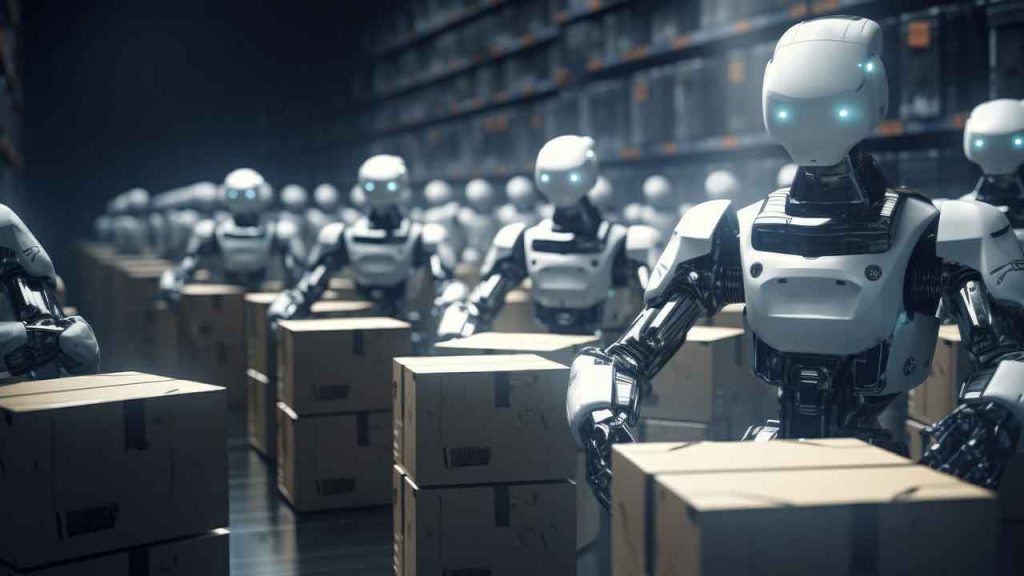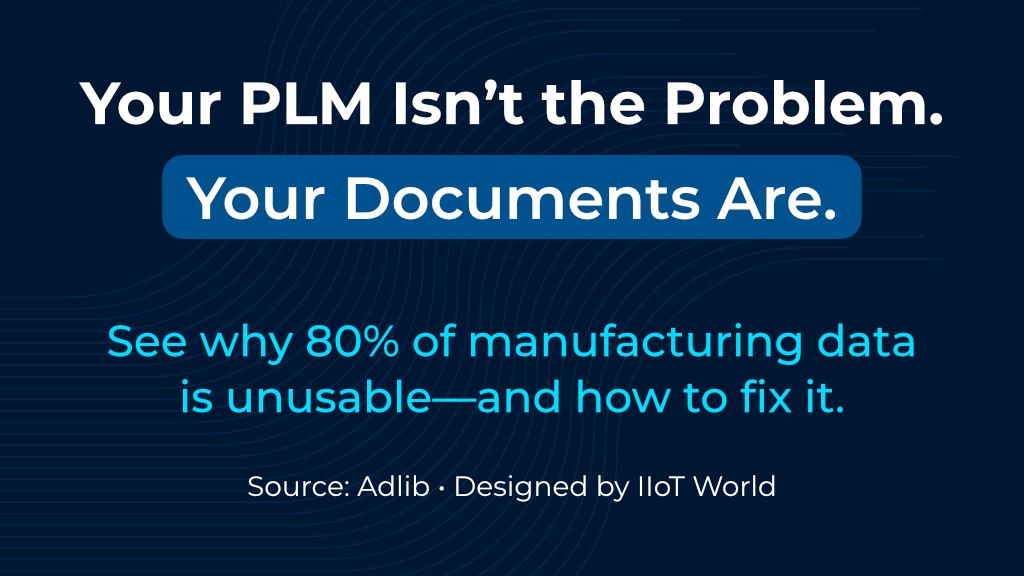AI agents are rapidly transforming industries, and manufacturing is no exception. While initial applications focused on optimizing HR, finance, legal, and claims management, AI agents are now driving significant improvements in core manufacturing operations.
These intelligent systems generally take two forms:
- Independent AI agents that operate autonomously, handling complex, end-to-end tasks with minimal human input.
- Collaborative AI agents that work in coordination—both with humans and other AI agents—sharing knowledge and optimizing processes collectively.
Unlike traditional AI-powered solutions, agentic AI is proactive, capable of solving complex problems independently. This represents a major shift from Robotic Process Automation (RPA), which relies on predefined inputs and outputs. AI agents, in contrast, continuously adapt, learn, and optimize operations in real time.
Why Now? The Rise of Agentic AI
Several factors are accelerating the adoption of AI agents in manufacturing:
- Explosion of Data – The growing volume of structured and unstructured data calls for greater automation.
- Need for Autonomous Systems – Businesses require self-optimizing operations that minimize human intervention.
- Advancements in AI – New models enable contextual decision-making and autonomous execution.
- Scalability of Cloud & Compute Power – AI agents can now function at an enterprise-wide scale.
Traditional AI and even GenAI remain largely passive, responding only to user queries. In contrast, agentic AI is inference-driven, enabling self-directed systems capable of independent action and decision-making.
Software vendors are also integrating AI agents into the solutions they develop and sell to end users. According to Gartner, by 2028, 33% of enterprise software applications will incorporate agentic AI, a significant leap from less than 1% in 2024. As a result, AI agents are quickly becoming the driving force behind both software applications and physical robots—at least until the next major technological disruption emerges.
From Supply Chain to Production: AI Agents in Action
Back to the manufacturing-specific domain – in manufacturing, this shift is already underway. AI agents are redefining engineering, pre-production, production management, quality control, maintenance, and inventory management—domains traditionally dominated by enterprise software suites and cloud platforms. By embedding intelligence into these solutions, AI agents enhance autonomy, efficiency, and adaptability, making manufacturing operations more resilient and future-ready.
Let’s explore several areas where AI agents can be effectively applied:
- Predictive Maintenance & Machine Health Monitoring
AI agents continuously analyze machine performance data to detect early signs of breakdowns. When patterns indicating potential failures emerge, they trigger preemptive maintenance actions, reducing unplanned downtime.
- Smart & Autonomous Supply Chain Management
Collaborative AI agents synchronize demand forecasting, production planning, inventory management, supplier coordination, and logistics—dynamically adapting to real-time changes in demand, supply constraints, and transportation conditions. - AI-Powered Virtual Assistants for Any User
AI agents integrate with multiple data platforms to provide real-time insights on weather, traffic, machine stoppages, and production metrics. These AI-powered assistants handle multi-turn dialogues, remember past interactions, and allow seamless voice-controlled access to information. - AI Agents in Production Planning
AI agents optimize production schedules by analyzing demand forecasts, inventory levels, machine availability, workforce capacity, spare parts availability, and quality constraints. They dynamically adjust plans based on real-time simulations and operational data. - Digital Twin Simulation with Agentic AI
AI-driven digital twins extend traditional simulation models by autonomously managing task execution, process optimization, and decision-making. Multi-agent systems collect, analyze, predict, and optimize data across interconnected systems, making simulations more adaptive and responsive. - Agents for Quality Management
AI agents analyze quality reports from multiple sources, detect recurring defects, and recommend corrective actions. They continuously learn from past issues, accelerating quality documentation and resolution workflows. - Shop Floor & Manufacturing Process Optimization
AI agents coordinate multiple shop floor processes, including material availability, predictive maintenance, enterprise system integration, and quality control. Specialized agents operate across different manufacturing domains, responding dynamically to real-time changes.
Conclusion: The Future of AI Agents in Manufacturing
AI agents are more than just automation tools—they represent a fundamental shift toward self-optimizing intelligent manufacturing ecosystems. As businesses increasingly adopt agentic AI, manufacturing operations will become more resilient, efficient, and autonomous.
The era of static automation is over. AI agents are not only enhancing traditional processes but also reshaping the way manufacturing companies operate. The next step? Organizations must integrate AI agents into their existing workflows, unlock new efficiencies, and redefine their approach to digital transformation.
About the author
 This article was written by Jan Burian, a global manufacturing industry analyst, serves as the Head of Industry Insights at Trask. His expertise spans digital transformation, management, leadership, and the geopolitical influences shaping manufacturing and global supply chains.
This article was written by Jan Burian, a global manufacturing industry analyst, serves as the Head of Industry Insights at Trask. His expertise spans digital transformation, management, leadership, and the geopolitical influences shaping manufacturing and global supply chains.


